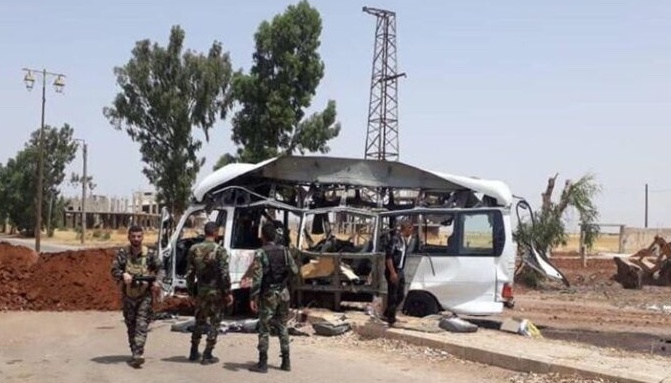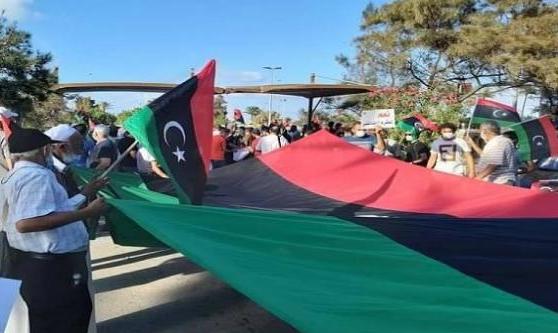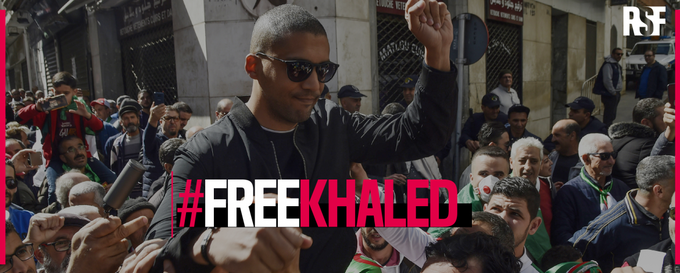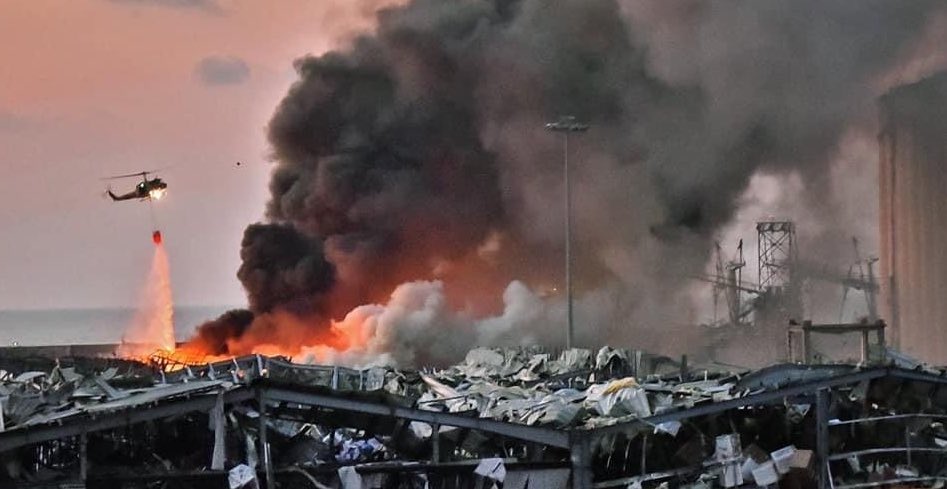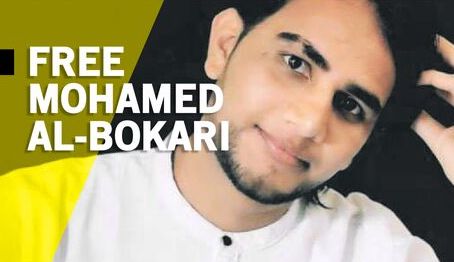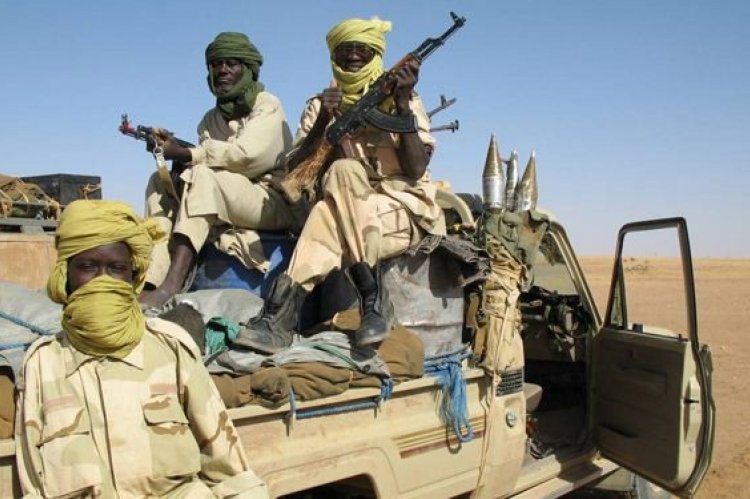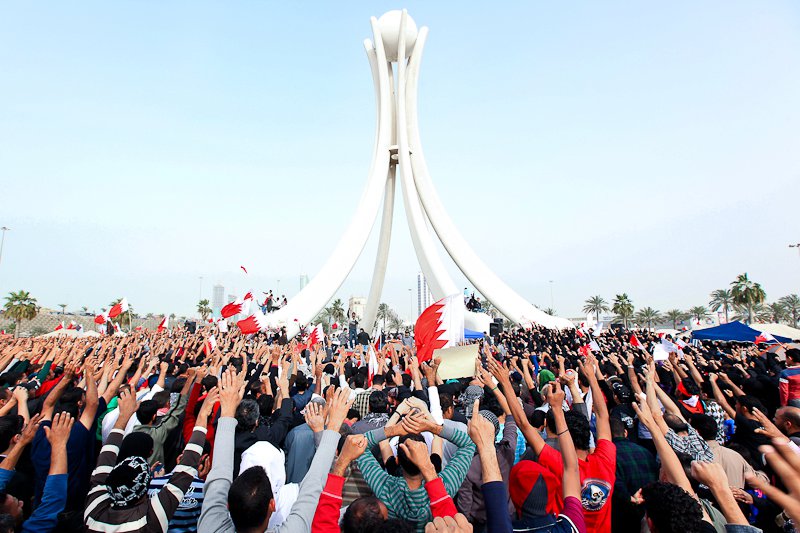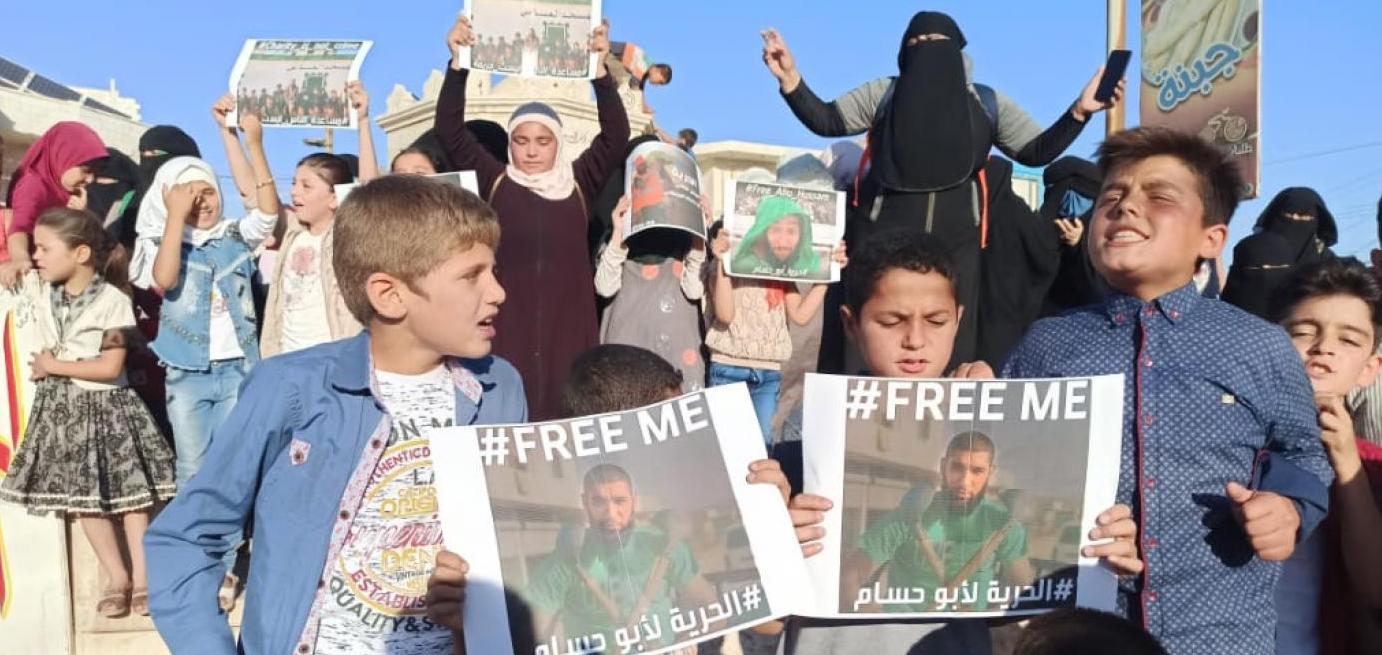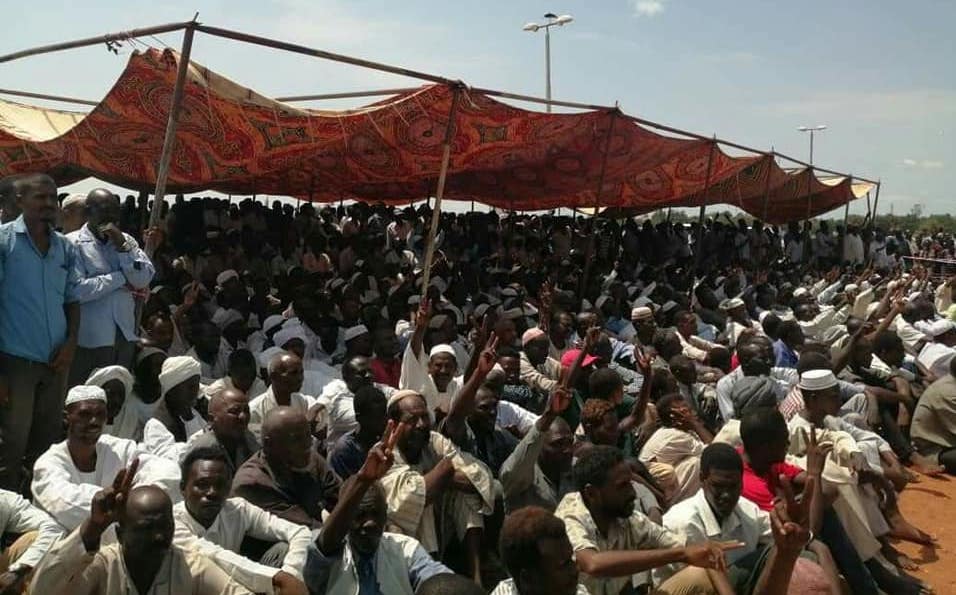
Solidarity with striking Sudan sugar workers
Over a thousand workers at Kenana Sugar Company in Sudan are starting their second month on strike to demand basic trade union rights, increased wages to offset the spiralling cost of living, the removal of figures associated with the old regime from company management, and reinstatement of 34 workers sacked for taking part in the uprising against dictator Omar el-Bashir. Other demands include improvements to health services in the company town, and investment in education for workers’ children. According to Sudan Labour Bulletin, the strike is now the longest in Sudan’s history as an independent republic. Sudanese activists say that solidarity is urgently needed, warning that “the government may be contemplating the option of breaking up the workers’ strike by the force of arms.” (Photo via MENA Solidarity Network)



